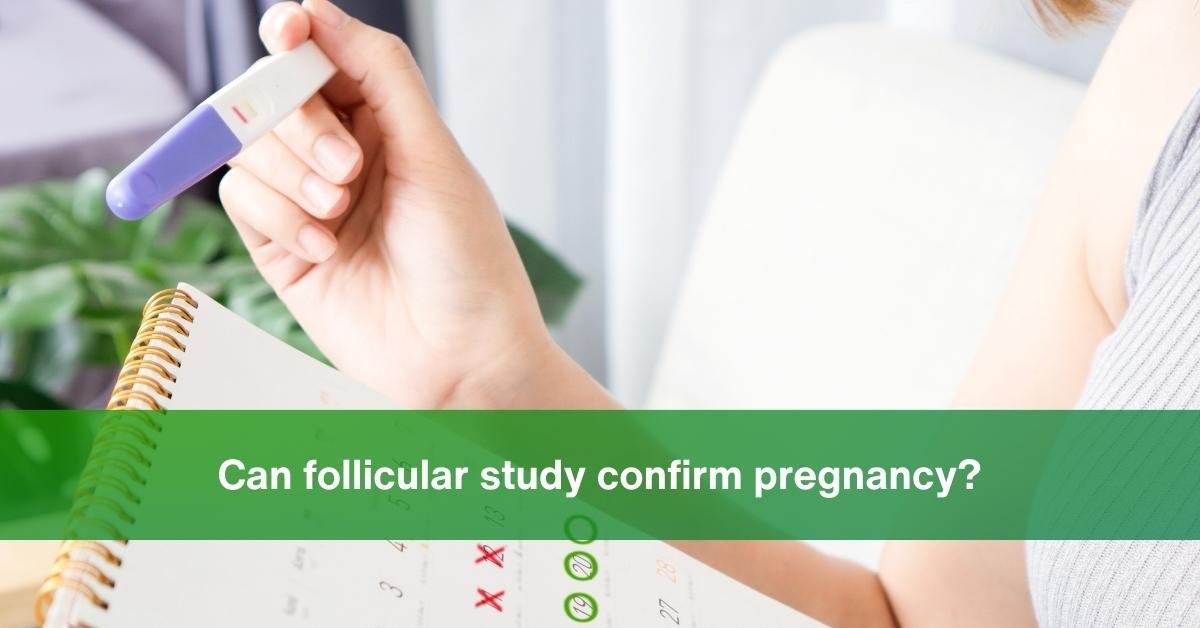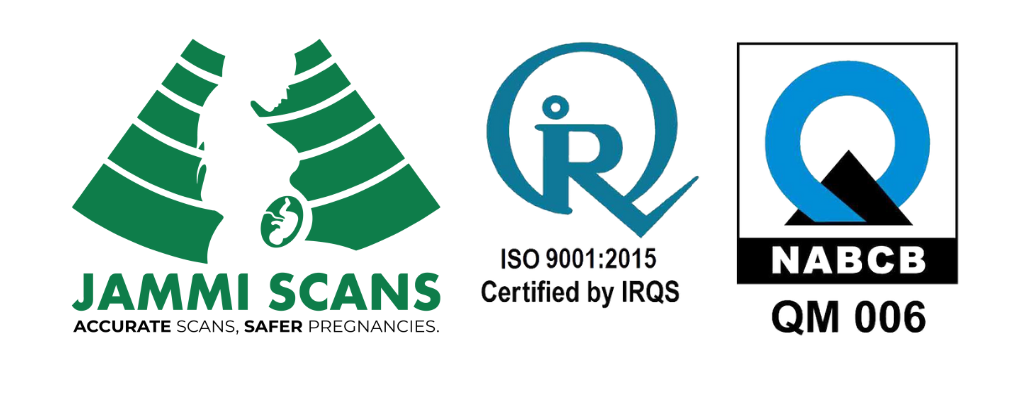If you ask, “Will a follicular study confirm pregnancy?” The short answer is no. For a long, detailed answer, read the full blog here.
Having a baby is one of life’s most exciting and rewarding experiences. But before you can hold your little bundle of joy, you have to make sure you are actually pregnant.
The urge to check if you are actually pregnant or not is real, especially when you undergo a follicular study.
Although it is recommended to take a pregnancy test at least a day after your missed period, most patients have this doubt if a follicular study confirm pregnancy. There are a lot of doubts and misconceptions about follicular study and pregnancy.
Table of Contents
ToggleWhat is the purpose of the follicular study?
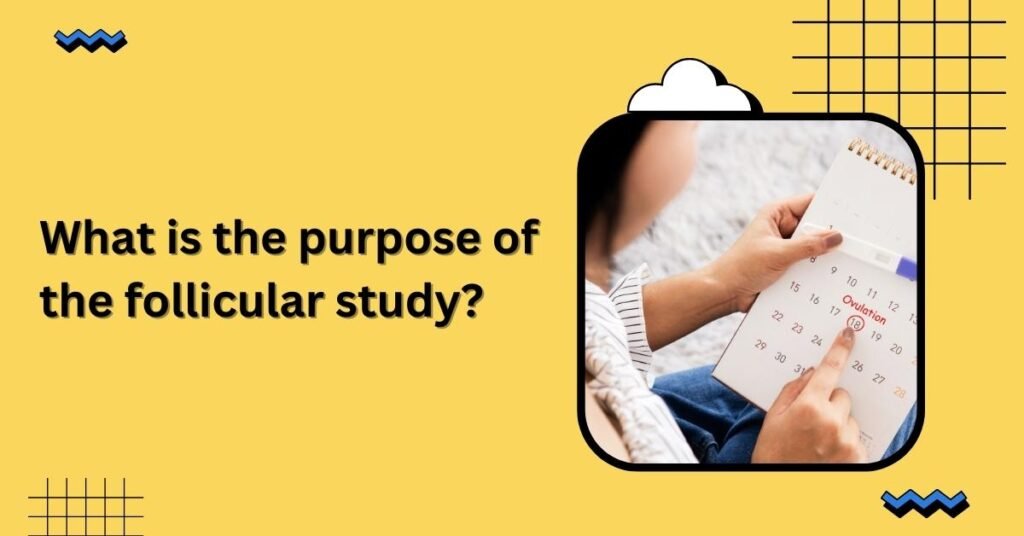
As the name suggests, follicular study is the study of follicles inside a woman’s ovaries. A follicular study is for those who have been trying to get pregnant for more than one year, have PCOS and PCOD issues, have an irregular menstrual cycle, and are opting for treatments such as IVF, IUI, etc.
A follicular study involves numerous scans over a specified timeline to monitor the growth of the follicle.
Can a follicular study confirm pregnancy?
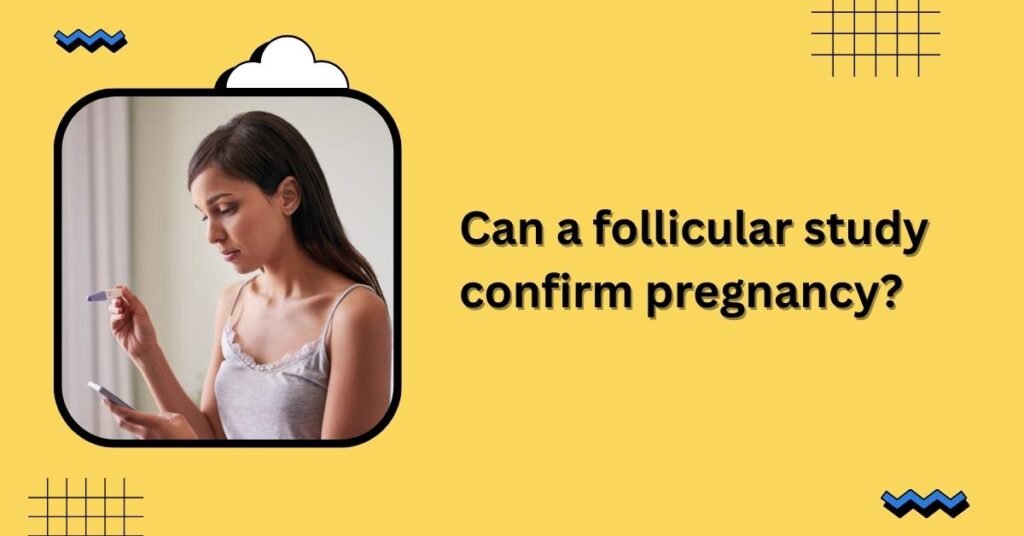
No. Although follicular study and pregnancy go hand in hand,it is not proven that follicular study confirms pregnancy. But it predicts the ovulation time to have the intercourse or to remove the egg when opting for fertility treatments like IVF, IUI, etc.
A follicular study is used to:
- Monitor the follicles and their growth.
- To determine the ET thickness.
- Identify the dominant follicle (a follicle that is around 20 mm in size).
- Predict ovulation.
Once a dominant follicle is found, a shot of HCG is given to cause the egg to rupture and ovulation to take place.
Ovulation usually happens 24 to 36 hours after the HCG shot. However, the exact time of ovulation cannot be predicted, and it is better to be ready to have intercourse after 24 hours of the HCG injection.
What are the chances of pregnancy after a follicular study?

The chances of successful follicular study and pregnancy is around 10%, as stated by a few studies.
However, the success rate depends on a lot of other factors like age, hormonal levels, pre-existing health conditions like PCOS, diabetes, the lifestyle of the couple, inflammatory or pelvic disorders, etc.
After follicular study, when to take a pregnancy test?
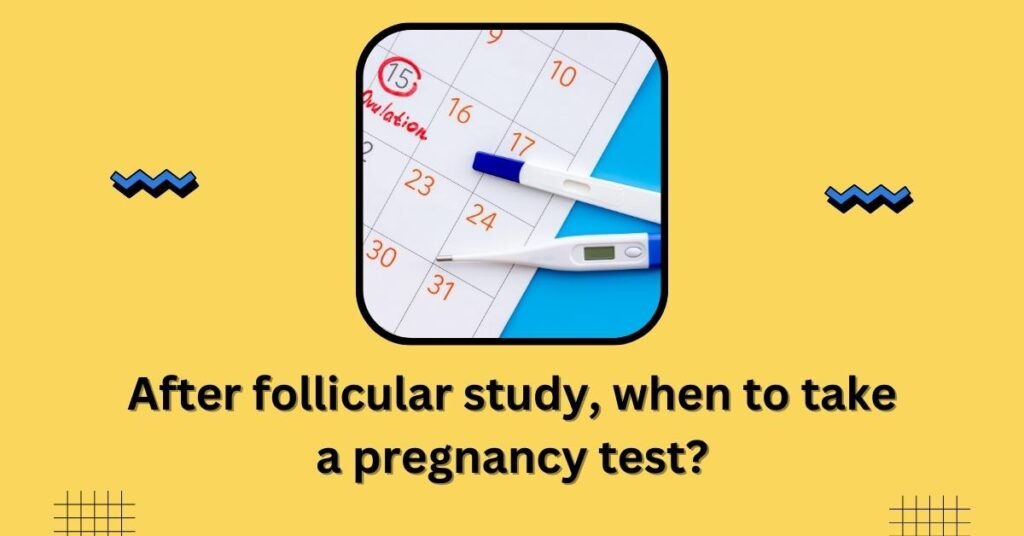
As discussed earlier, ovulation happens around 24 to 36 hours after the HCG shot, and implantation happens around 7 to 10 days after intercourse.
It is best to take a pregnancy test after a missed period or after 14 days of having unprotected intercourse.
Conclusion
A study has proven that the response of a follicular study and pregnancy in women depends on a lot of factors like the maternal age, gravidity, and follicular diameters at the moment of insemination.
So, after the follicular study, the doctor might either give you medicines or suggest treatments based on the findings of the study.
If you are looking to do a follicular study at a reliable scan center, Jammi Scans, T. Nagar, Chennai, could be the right fit for you. For more details, visit jammiscans.com.
Chennai Women’s Clinic is now Jammi Scans
FAQ
1. What is the next step after the follicular study?
The next step after a follicular study depends on the findings of the study. If your ovulation is normal, your doctor may advise you to have intercourse.
If the ovulation isn’t normal, drugs will be prescribed to stimulate the production of eggs. Or if you have opted for treatments, then the doctor may plan to remove the egg.
2. What is the normal size of the follicle at day 14?
Since day 14 is the ideal day of ovulation for women with a normal menstrual cycle, the dominant follicle should be 18 to 20 mm in size.
3. What is the best egg size for pregnancy?
Studies have stated that an egg should be 18 to 20 mm in size for it to be ready for fertilization.
4. Can fertilized eggs be seen in the follicular study?
No. The follicular study cannot see fertilization or implantation of the egg.
Deepthi
Dr. Deepthi Jammi (Director, Jammi Scans) is a qualified OB/GYN and Post-Doc in Maternal Fetal Medicine. As a pregnancy ultrasound expert, she is passionate about healthy pregnancies and works towards spreading awareness on the latest diagnostic options available for parents to choose from. Dr.Deepthi has received gold medals and awards in Fetal Medicine at international and national conferences, and has appeared in numerous prestigious regional magazines and TV interviews.


